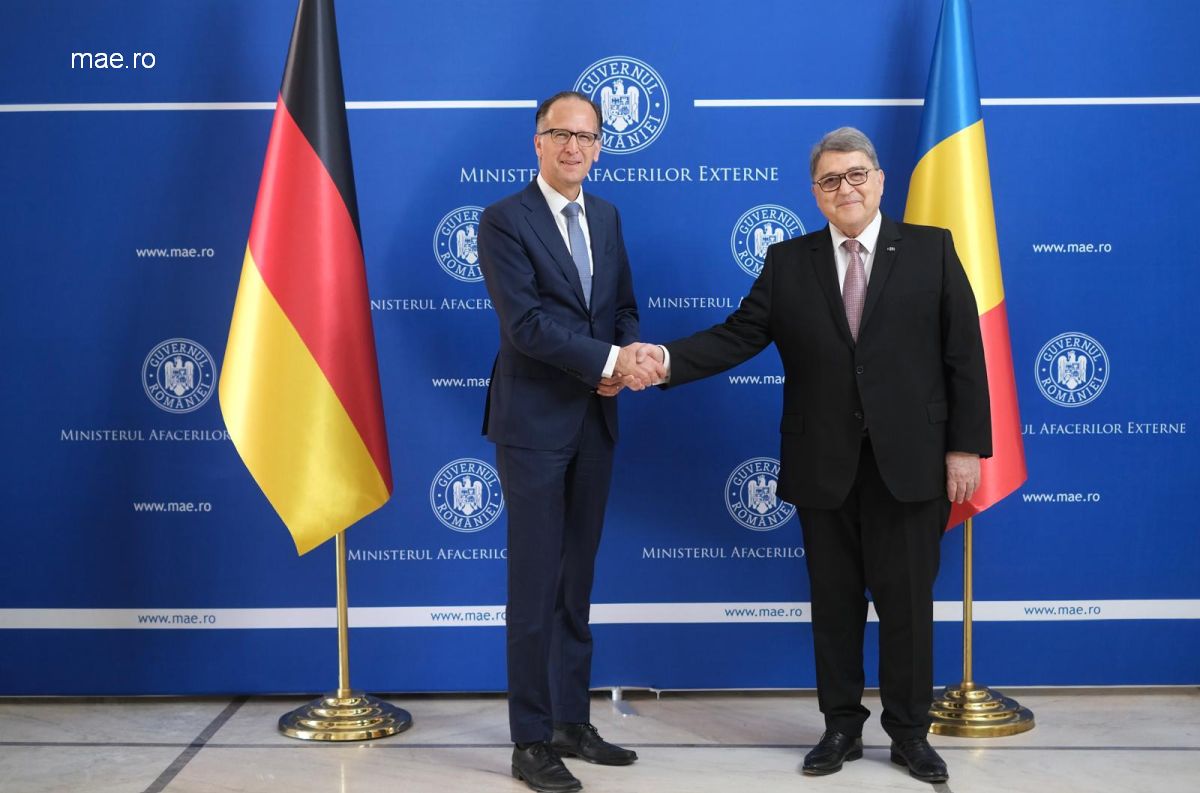The European People’s Party Congress in Bucharest
Gathered in Bucharest, the European People’s Party representatives designated the German Ursula von der Leyen for a new mandate as head of the European Commission and asked for the admission of Romania and Bulgaria into the Schengen Area.

Bogdan Matei, 08.03.2024, 14:00
The President of the European Commission, the German conservative Ursula von der Leyen, received, on Thursday, in Bucharest, the approval of her political family, the European People’s Party (EPP, center-right), to run for a second term at the helm of the European Commission. “We have 90 days until the European Parliament elections” on June 6-9, she said from the podium of the Romexpo compound, thanking the participants for their “trust” and broad “support” (400 votes for, 89 against). The congress in Bucharest was hosted by the National Liberal Party – PNL, affiliated to the EPP and part of the governing coalition in Romania together with the leftist Social Democratic Party – PSD, member of the European socialists group.
The EPP has the largest group in the current European Parliament, and polls regarding voting intentions in the 27 member states continue to credit it with the first place. Which, the analysts write, will allow the EPP to remain at the helm of Europe, with a Commission in which, as before, the socialists and, respectively, the liberals from the Alliance of Liberals and Democrats for Europe (ALDE)-Renew Europe will be co-opted. Von der Leyen announced in Bucharest the priorities for the next five-year virtual mandate, with focus on supporting Ukraine invaded by the Russian troops, European defense and the fight against extremism. The Russian President, Vladimir Putin, should not win this war that he started and through which he tries to move the borders by force, von der Leyen said, adding that they remain with Ukraine, and this is the only way in which they can preserve the freedom and prosperity of the European Union.
At the EPP Congress, an extensive electoral manifesto was unanimously voted, in which the full accession of Romania and Bulgaria to the free travel Schengen Area is demanded, among other things. The unanimity cracked, however, after only a few hours. Austria still has objections to the admission of the two countries, members of the EU since 2007 and which will only enter Schengen at the end of this month with the air and sea borders, not with the land borders. About 25 million Romanians and Bulgarians remain, the press writes, second-rate Europeans, only because this is the will of the Austrian conservative chancellor Karl Nehammer whose party is, in turn, affiliated to the EPP. Although the community statistics contradict them, the chancellor and his executive team accuse, with an insistence that is already tiring for everyone, the waves of illegal migrants from Africa or Asia that would arrive in his country through Romania. In Bucharest, Nehammer discussed both with the president Klaus Ioahnnis,the ex-Liberal leader, and with the social-democratic prime minister Marcel Ciolacu, but his position remained unchanged: currently, the Schengen system does not work, therefore, it cannot be extended. (LS)






























